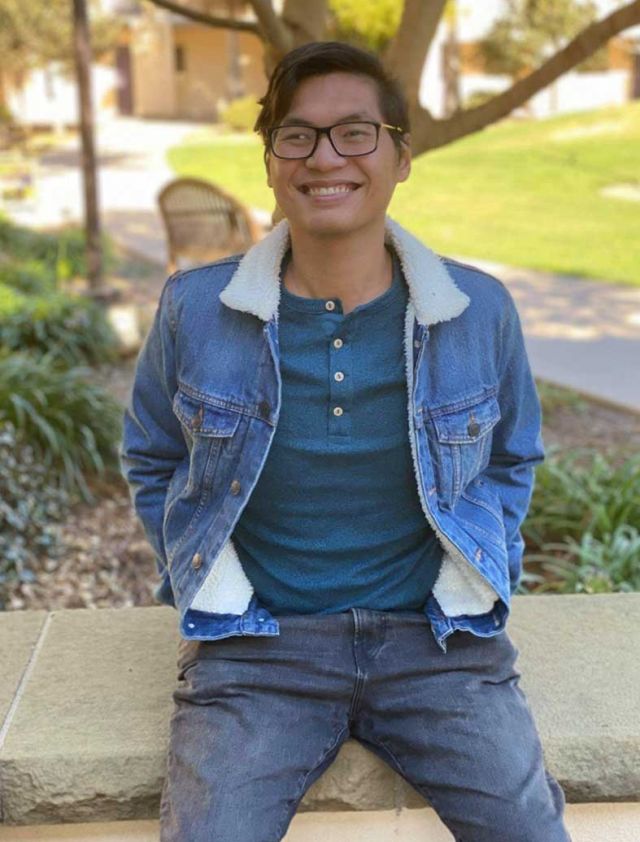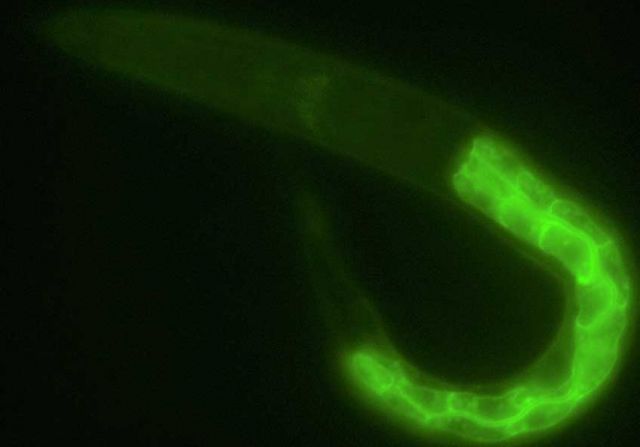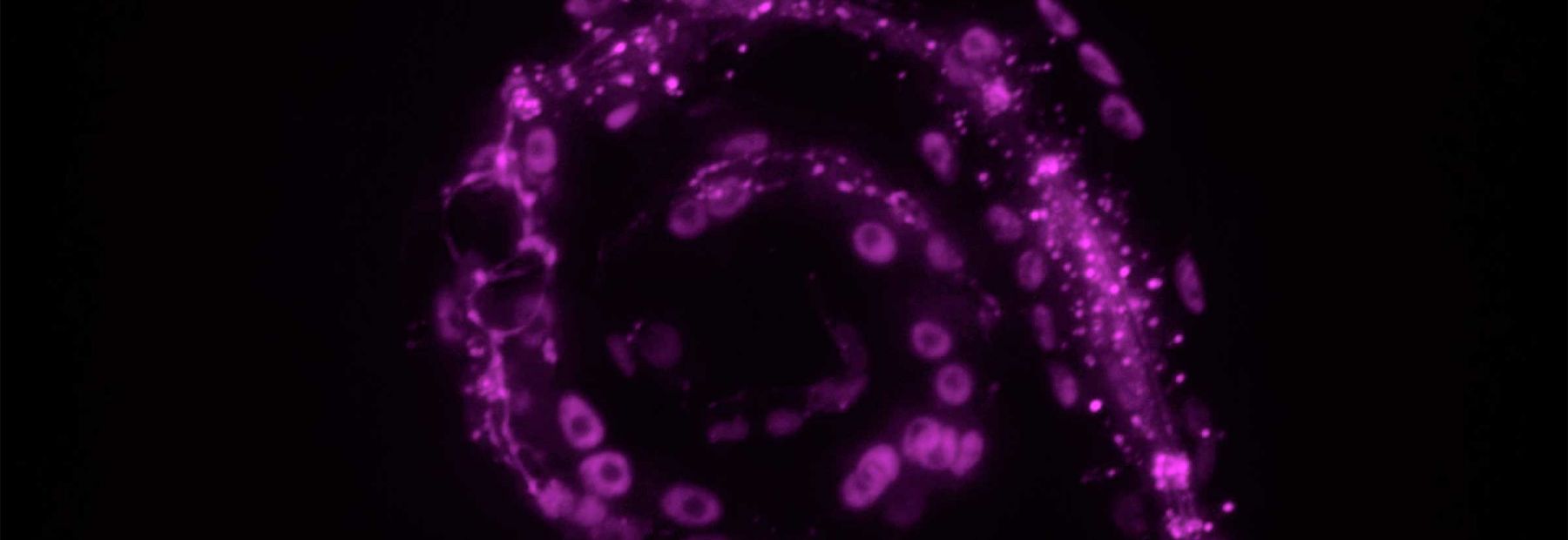
About Chee Kiang
Chee Kiang (Ethan) Ewe is a current graduate student pursuing his Ph.D. at UC Santa Barbara. Originally from Parit Buntar, a small rural town in Malaysia, Ethan is currently conducting his research at the Rothman Lab.His essay describing his personal experiences adapting to science as a first-generation international student was recently published in the journal Science.
What Are Your Favorite Things About the Following?
MCDB
The students, staff and faculty in the MCDB department are exceedingly friendly and supportive. I have terrific mentors and friends in the department who provide essential guidance and expertise to ensure I have a successful and enjoyable graduate school experience. I genuinely appreciate the intellectual freedom provided by the department and the Rothman lab.
UC Santa Barbara
The UC Santa Barbara campus is beautiful. My lab bench is only a few short minutes walk from the beach - a perfect lunch spot. The research environment in UCSB is highly interdisciplinary and collaborative. For instance, inputs from mechanical engineers next door have benefitted my research, and the research talks at the Kavli Institute for Theoretical Physics during the Quantitative Biology Summer Course are engaging and agreeable.
Santa Barbara
Sitting between the Santa Ynez Mountains and the Pacific Ocean, Santa Barbara really is a beautiful place to live. The weather is perfect all year round and people are very friendly. My favorite pastime includes hanging out with friends at a local brewery in Goleta or in downtown Santa Barbara.

Research
Development is driven by progressive installation of transcriptional programs and complex interactions between genetic factors that form a gene regulatory network (GRN). The two broad goals of my thesis work are to 1) understand the architecture of a core embryonic GRN that ensures robust developmental outcome and to 2) illuminate the molecular basis for developmental plasticity. In C. elegans, SKN-1/Nrf and the Wnt signaling function redundantly to initiate the endoderm (the mid-gut in C. elegans) GRN in the embryo by activating a GATA-driven cascade.
We recently found that GATA factors that specify and differentiate the endoderm form a series of feedforward loops to ensure rapid lockdown of cell fate. By analyzing C. elegans wild isolates, each with a unique haplotype, we have uncovered tremendous plasticity in the regulatory inputs of the endoderm GRN. We found that SKN-1 and Wnt signaling appear to partially compensate for each other. That is, isotypes with high SKN-1 requirement often show low Wnt requirement and vice-versa. We discovered that, owing to the extensive redundancy in the system, neutral cryptic genetic variants accumulate in the wild isolates, leading to rapid developmental system drift. We further found that SKN-1 requirement in endoderm specification can be turned by a long-lasting, heritable epigenetic effect triggered by starvation. We showed that this transgenerational epigenetic effect is regulated by the piRNA and nuclear RNAi pathways.
Hence, our studies provide evidence that developmental plasticity in C. elegans is modulated by both genetic and epigenetic mechanisms. Using the C. elegans endoderm development as a model, I am currently investigating the genetic regulation of specification->differentiation transition, a pivotal phase in animal development.
How and Why Did You Get Into Your Area of Research?
Growing up, I did not have a particularly strong interest in science. I stumbled into science because my high school teachers thought I would do reasonably well in it. I have learned to love science and I now cannot imagine doing anything else other than running experiments on my lab bench and exploring the unknown. Among the sciences, biology was the most appealing to me. For me, genetics and developmental biology are the fun ones. It is much like figuring out puzzle pieces that make up an organism.
What Do You Find Rewarding About Your Research?
Discovering something new and knowing that, at the moment, I am the only person in the world with the knowledge is powerful. Experimental failures are inevitable, but getting something to work eventually is such a thrill. Being able to translate our experiments findings to better understand the world around us is privileged and very fulfilling.
